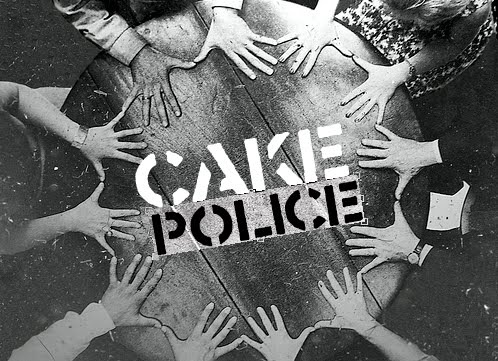Aristide's own government (elected by some 75% of the electorate) was the latest victim of such interference, when it was overthrown by an internationally sponsored coup in 2004 that killed several thousand people and left much of the population smouldering in resentment. The UN has subsequently maintained a large and enormously expensive stabilisation and pacification force in the country.
Haiti is now a country where, according to the best available study, around 75% of the population "lives on less than $2 per day, and 56% – four and a half million people – live on less than $1 per day". Decades of neoliberal "adjustment" and neo-imperial intervention have robbed its government of any significant capacity to invest in its people or to regulate its economy. Punitive international trade and financial arrangements ensure that such destitution and impotence will remain a structural fact of Haitian life for the foreseeable future.
It is this poverty and powerlessness that account for the full scale of the horror in Port-au-Prince today. Since the late 1970s, relentless neoliberal assault on Haiti's agrarian economy has forced tens of thousands of small farmers into overcrowded urban slums. Although there are no reliable statistics, hundreds of thousands of Port-au-Prince residents now live in desperately sub-standard informal housing, often perched precariously on the side of deforested ravines. The selection of the people living in such places and conditions is itself no more "natural" or accidental than the extent of the injuries they have suffered.
http://www.guardian.co.uk/commentisfree/2010/jan/13/our-role-in-haitis-plight

i would love some explanation of this "neo-imperial intervention"
ReplyDelete